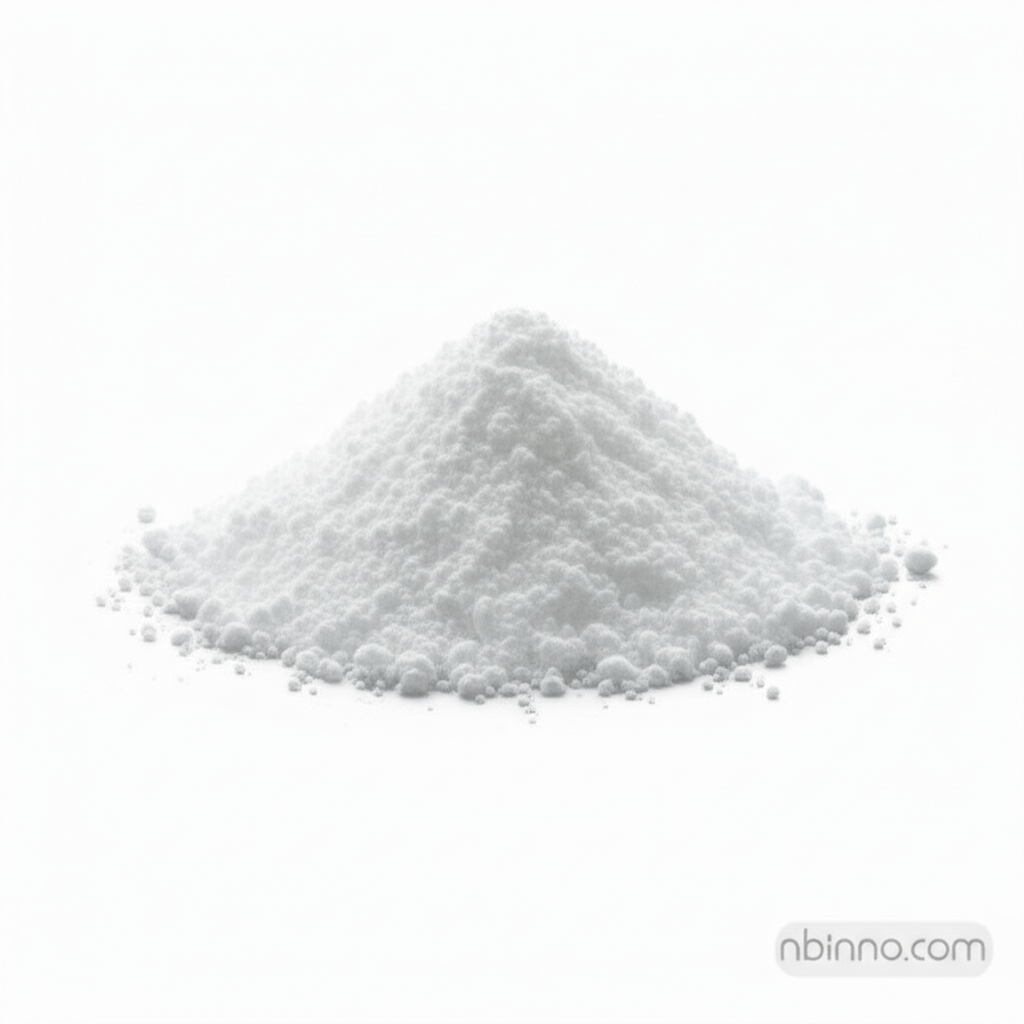Chloroquine Diphosphate: A Multifaceted Pharmaceutical Compound
Discover the comprehensive applications, mechanisms, and safety profile of Chloroquine Diphosphate, a key agent in medicine.
Get a Quote & SampleProduct Core Value

Chloroquine Diphosphate
Chloroquine Diphosphate is a well-established pharmaceutical compound primarily recognized for its potent antimalarial properties. Beyond malaria treatment and prevention, it exhibits significant anti-inflammatory effects, making it valuable in managing autoimmune conditions such as rheumatoid arthritis and lupus erythematosus. Furthermore, its role as an autophagy inducer has garnered attention in cancer research, where it is explored as an adjunct therapy to enhance the efficacy of chemotherapy and radiotherapy. Its antiviral potential is also under investigation, highlighting its broad therapeutic spectrum and ongoing scientific interest.
- Explore the critical role of Chloroquine Diphosphate in combating malaria, understanding its effectiveness against various Plasmodium strains.
- Investigate the anti-inflammatory mechanisms of Chloroquine Diphosphate, crucial for treating autoimmune diseases like rheumatoid arthritis.
- Understand how Chloroquine Diphosphate acts as an autophagy inducer, enhancing cancer therapies and potentially inhibiting metastasis.
- Learn about the current research into Chloroquine Diphosphate's antiviral properties and its potential application against emerging viruses.
Advantages of Using Chloroquine Diphosphate
Broad Spectrum Efficacy
Chloroquine Diphosphate demonstrates efficacy against a range of protozoal infections, most notably malaria, and also shows promise in treating certain autoimmune disorders, highlighting its multifaceted therapeutic capabilities.
Therapeutic Versatility
Beyond its primary antimalarial function, Chloroquine Diphosphate serves as a valuable anti-inflammatory agent and is actively researched for its potential in cancer treatment and antiviral applications, showcasing its broad applicability.
Enhanced Treatment Outcomes
As an autophagy inducer, Chloroquine Diphosphate can potentially enhance the effectiveness of conventional cancer treatments like chemotherapy and radiotherapy, offering a strategic advantage in managing the disease.
Key Applications
Malaria Treatment and Prevention
Chloroquine Diphosphate is a cornerstone in the treatment and prevention of malaria, particularly against susceptible strains, playing a vital role in global health initiatives to control this parasitic disease.
Rheumatoid Arthritis and Lupus Management
Its anti-inflammatory properties make it a critical therapeutic option for managing chronic conditions such as rheumatoid arthritis and lupus erythematosus, reducing inflammation and associated symptoms.
Cancer Research and Therapy
Emerging research highlights Chloroquine Diphosphate's potential as an adjunct in cancer therapy, where its ability to induce autophagy may sensitize tumor cells to chemotherapy and radiotherapy, potentially improving patient outcomes.
Antiviral and Other Research
Ongoing studies are exploring the antiviral capabilities of Chloroquine Diphosphate, as well as its effects on other cellular processes, underscoring its importance as a subject of continuous pharmacological investigation.
